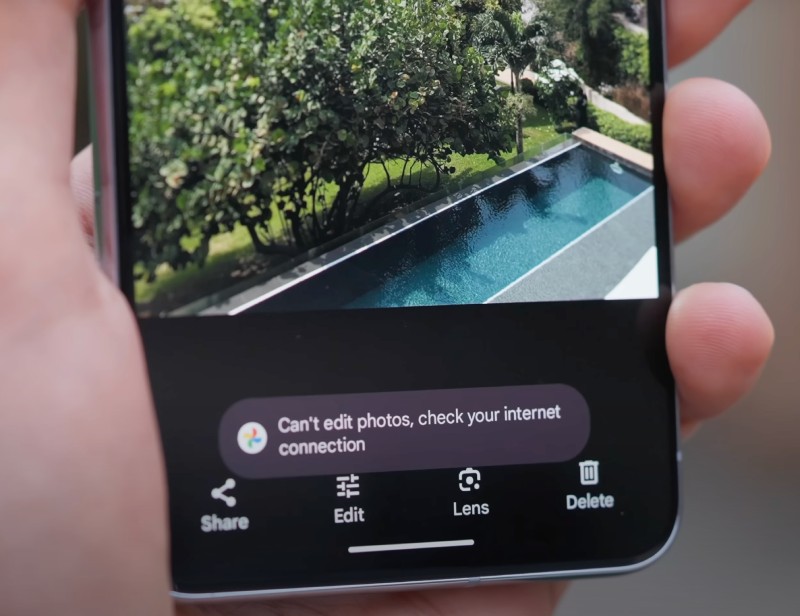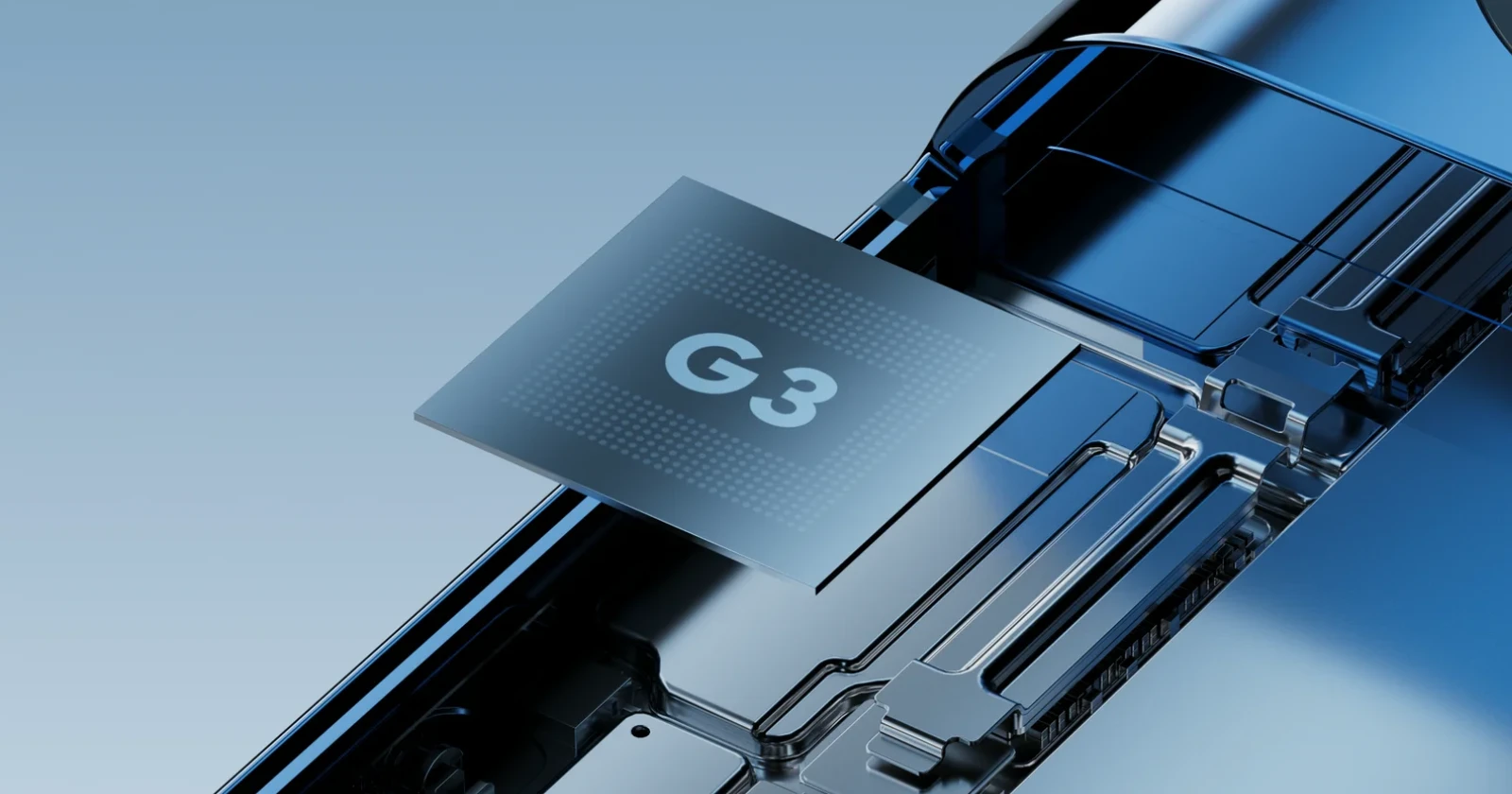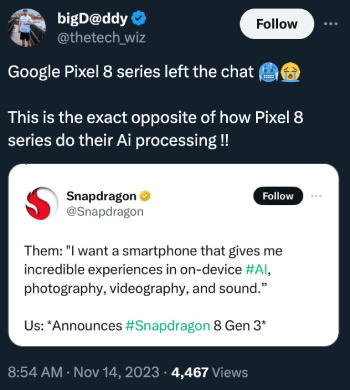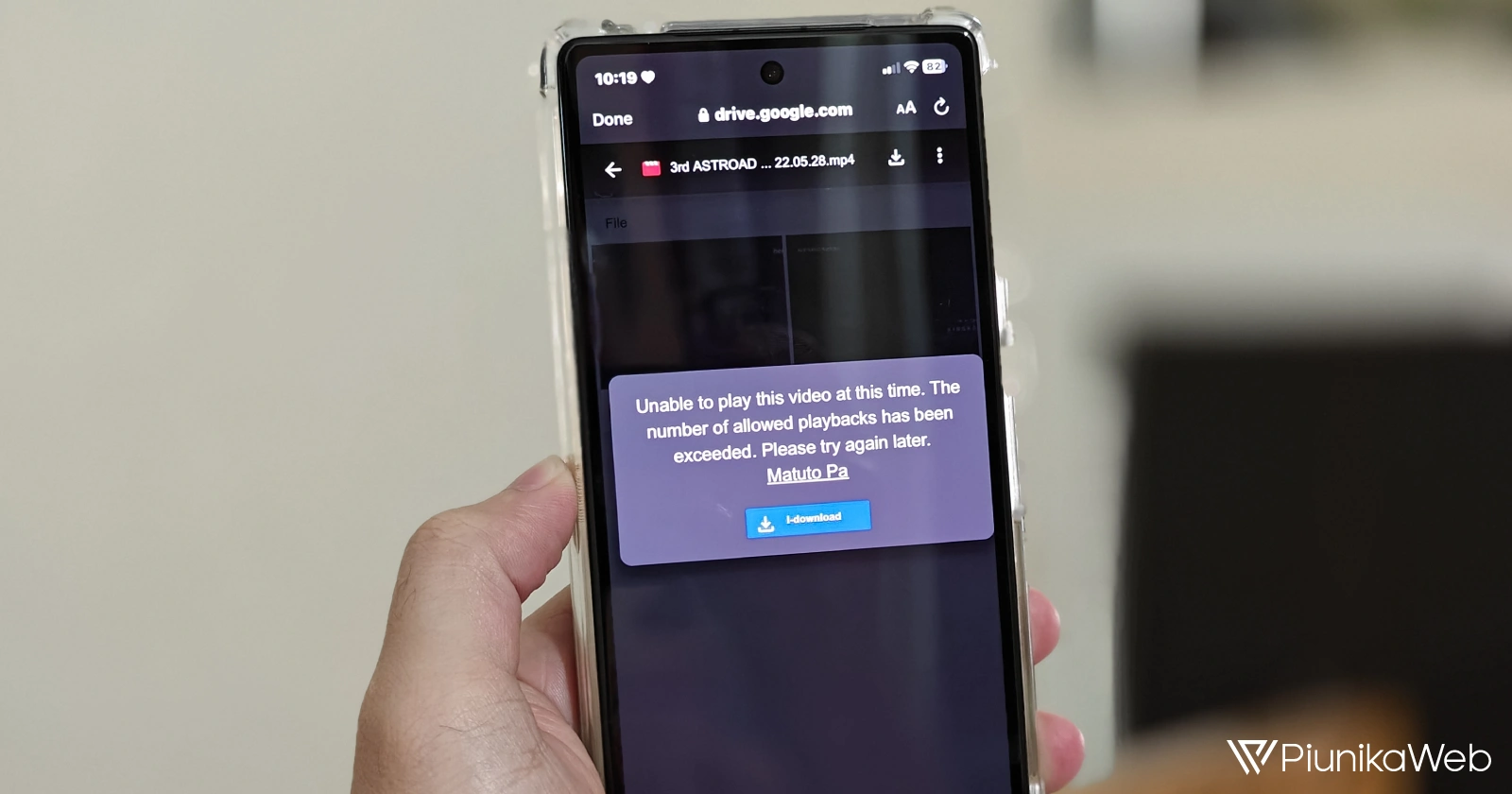Artificial Intelligence (AI) is the new buzzword and it seems like it’ll be a major focus for smartphone and SoC manufacturers in 2024 and beyond. For instance, Qualcomm recently took to X to boast that its new Snapdragon Gen 3 chipset will offer “incredible experiences in on-device AI, photography, videography, and sound.”
On-device AI processing: Tensor G3 vs Snapdragon Gen 3
At first glance, it appears to be regular marketing, but upon closer inspection, it makes me ponder the question of whether this was a slight dig at Google’s Tensor G3. I mean, at its Pixel 8 launch event, Google couldn’t stop showing off its nifty new AI features that are supposedly powered by the Tensor G3. But when popular tech YouTuber Mrwhosetheboss dropped his Pixel 8 and 8 Pro review, he highlighted the fact that he wasn’t able to get any of those new AI features ‘powered by the Tensor G3’ to work without an active internet connection.

This made every tech enthusiast question Google’s claims about its on-device AI capabilities. It’s a genuine question. If the Tensor G3’s capabilities are to thank for the new AI features, why does the phone require an active internet connection? To the average Joe and tech enthusiasts like myself, the phrase “on-device AI” would make us believe that all the processing happens within the SoC itself. But throwing in the requirement to be connected to the internet does bring up some concerns.
Moving on, Qualcomm’s claim that the Snapdragon Gen 3 will offer incredible on-device AI capabilities makes it seem like the intended target was Google’s Tensor G3. If the SD Gen 3 can pull off these remarkable AI feats without offloading the heavy lifting to the cloud, it’ll be a game changer. Moreover, it’ll make the Tensor G3 seem archaic and would actually justify the usage of the phrase “on-device AI processing”.
An individual even reacted to Qualcomm’s post noting that it’s exactly the opposite of Google’s way of handling AI processing on the Pixel 8.
So maybe, just maybe Qualcomm’s post on X was indeed a subtle dig at the Google Tensor G3, because the SD Gen 3 may actually bring complete on-device AI processing. The best we can do is wait and see if the claim about on-device AI processing from Qualcomm is yet another marketing gimmick or if it will work as one would expect.




